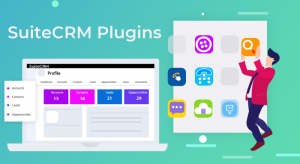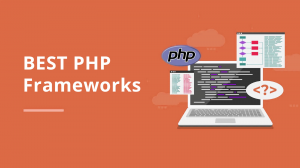Artificial intelligence is part of everyday business. From managing supply chains to personalizing customer service, AI is now deeply embedded in how companies operate. Yet behind these automated tools are real people, and data scientists are playing a bigger and more complex role than ever before.
As AI becomes more widespread, the expectations for data scientists are similarly growing. The job now requires far more than technical know-how. Ethical thinking, clear communication, and adaptability are all part of the work. This article explores what it means to thrive as a data scientist in an environment where automation is growing but the human element remains critical.
Ethical Dilemmas and Human Oversight
AI is increasingly involved in decisions affecting people's lives, such as who gets a job, qualifies for a loan, and receives healthcare follow-ups. These are high-stakes situations, and when algorithms are at the wheel, data scientists have to stay alert to unintended consequences.
Some tools developed with good intentions can end up raising ethical concerns. For instance, performance tracking systems might double as surveillance. Location-based insurance assessments might penalize you or other people unfairly. These examples show how quickly an innovative tool can create difficult trade-offs.
The Hidden Impact of Information Bias
Not all bias is obvious. Sometimes information bias is baked into the data, whether through outdated assumptions, missing perspectives, or long-standing patterns. When that bias feeds into an AI model, the system can carry it forward, unnoticed.
Consider a chatbot trained on archived customer support transcripts. If those interactions leaned toward certain types of users, the bot might continue that trend, favoring one group over another without anyone meaning for it to happen.
To address this, many data teams are building processes to flag and reduce bias early. That includes using diverse datasets, running fairness audits, and being more intentional about how models are trained. A bit of awareness upfront can prevent big problems later.
Lifelong Learning in a Rapidly Shifting Field
As the generative AI and LLM boom shows, the AI space doesn't sit still for long. And if you're a data scientist, neither can you. Staying current requires developing habits that keep you adaptable and open to growth. That might involve learning a new programming language or investigating how AI intersects with law or public policy.
You've got a wide range of resources at your fingertips. Online certifications, bite-sized workshops, and cross-disciplinary courses give you the flexibility to learn at your own pace and explore beyond the usual tech topics. Some of the most valuable lessons happen when you step outside your core focus and broaden your perspective.
Ongoing learning helps you stay sharp and ready for whatever changes come next. It also keeps your work relevant. The data scientists who thrive tend to be the ones who ask questions, try new things, and treat learning as part of the job, not as a side project.
Working Beyond the Code: Cross-Functional Collaboration
Gone are the days when data scientists worked in silos. Today, they're teaming up with legal departments, design teams, business strategists, and more. This kind of collaboration helps connect technical solutions to real-world needs, and it often leads to better outcomes.
Working with a range of professionals also helps avoid blind spots. A legal expert might raise concerns about compliance. A UX designer can ensure that outputs are user-friendly. A strategist helps tie model development to broader goals.
The Expanding Role of Analytics in Strategic Decision-Making
Analytics has moved beyond traditional reporting and is now a key driver in shaping forward-looking business strategies. More leaders are turning to data scientists for input on major decisions, which makes strong communication skills more valuable than ever.
This shift means data scientists need to do more than just produce accurate models. They're expected to explain what the numbers mean, craft narratives that resonate with stakeholders, and translate insights into actions. The technical output is only one piece; the ability to make that output understandable and useful is what drives impact.
When analysis is paired with clarity, teams make decisions faster and with more confidence. That's why data scientists are increasingly seen as strategic contributors, not just technical specialists.
Redefining the Role of the Data Scientist
The role of the data scientist is undergoing a quiet transformation. It's no longer just about building models or cleaning datasets. It's about working across teams, thinking critically about ethical implications, and staying grounded in real-world outcomes.
This broader view opens new opportunities. The best data scientists today are those who lean into uncertainty, stay curious, and are comfortable working outside of their traditional boundaries.






